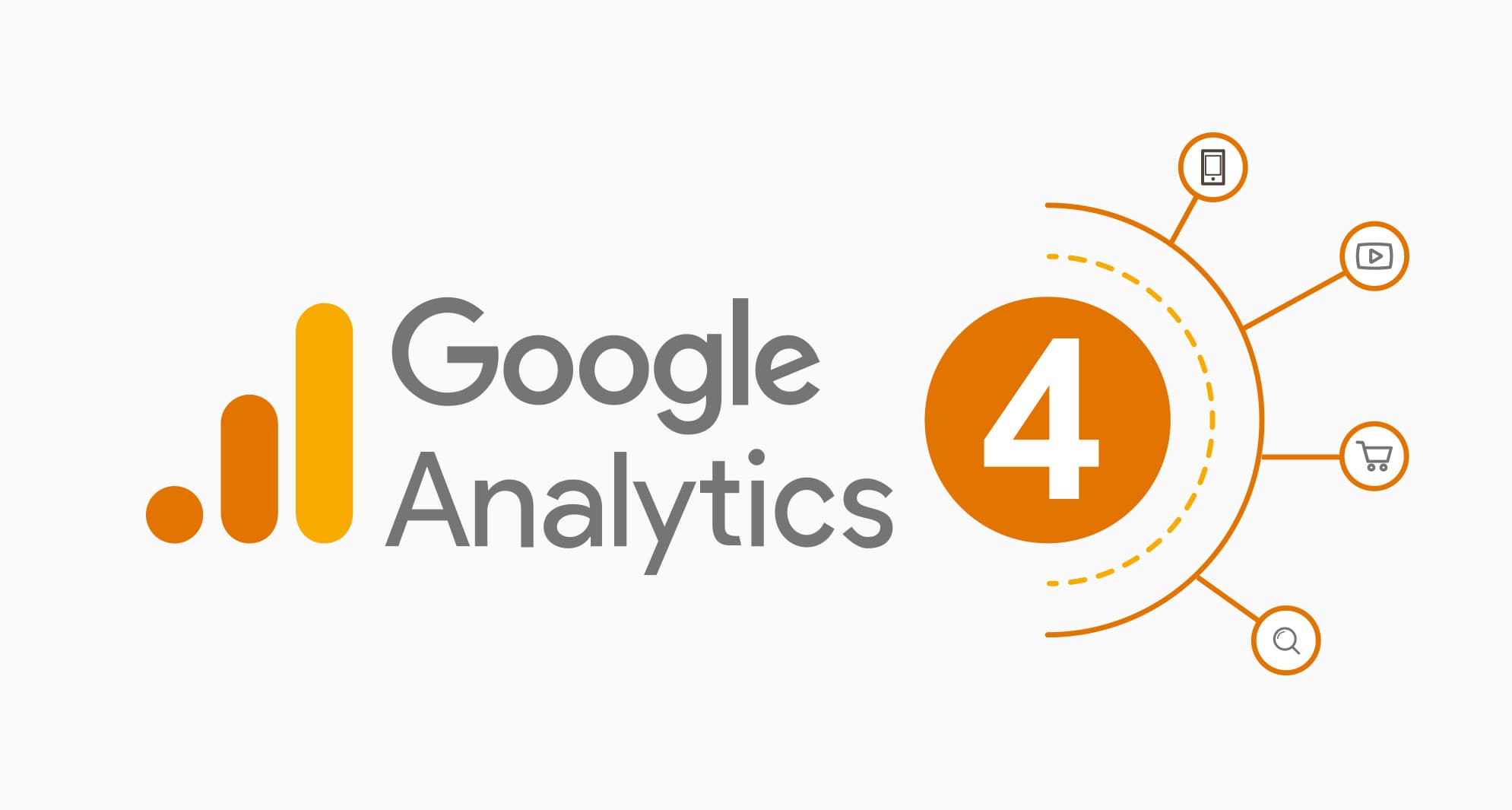Secret Limitations: What Data Does Google Analytics Prohibit Websites from Collecting?
Secret Limitations: What Data Does Google Analytics Prohibit Websites from Collecting?
Blog Article
Decoding the Intricacies of Google Analytics for Improved Online Search Engine Positions
In the ever-evolving landscape of electronic advertising, grasping the complexities of Google Analytics has actually ended up being an important ability for services aiming to enhance their on-line visibility. Beyond simply tracking web site traffic, Google Analytics holds the key to opening important understandings that can substantially influence internet search engine rankings. By decoding the complexities of this effective tool, services can gain a deeper understanding of user habits, maximize their on the internet visibility, and eventually boost their general search engine optimization efficiency. Understanding the subtleties of Google Analytics is not merely an issue of data evaluation however a tactical undertaking that can push a website to brand-new elevations in the competitive on-line sphere.

Comprehending Google Analytics Terminology
Understanding the basic Google Analytics terminology is necessary for obtaining actionable insights right into website efficiency. A session stands for a solitary visit to a website, including all communications within a specific timeframe.
One more crucial term is "bounce rate." This statistics shows the percentage of single-page brows through where users leave a site without connecting better. A high bounce price may signify issues with website use or material importance.
Moreover, "conversion price" is an essential metric to track. It determines the portion of individuals who complete a preferred action, such as signing or making an acquisition up for an e-newsletter. what data does google analytics prohibit collecting. Recognizing these terms allows website proprietors to assess performance properly, identify areas for improvement, and make educated decisions to improve user experience and drive company growth
Navigating the Google Analytics Control Panel
Navigating the Google Analytics Control panel supplies site owners with important understandings into site visitor behavior and site performance. The control panel is the main hub where users can access a large range of metrics and information connected to their website. Upon logging in, customers are greeted with a review that highlights crucial efficiency indicators such as the number of sessions, users, bounce rate, and typical session period.
Relocating with the dashboard, users can delve deeper into details records such as target market demographics, acquisition networks, and habits flow. These reports use in-depth info on who is going to the website, just how they are finding it, and what activities they are taking when they arrive at a web page. In addition, the dashboard permits users to establish personalized reports and control panels customized to their certain requirements and goals.
Studying Web Site Website Traffic and Individual Behavior
Upon discovering the Google Analytics dashboard and getting understandings into site visitor habits and web site efficiency, site owners can currently turn their focus to evaluating internet site traffic and customer actions. This important action entails diving deeper into the data offered by Google Analytics to understand just how individuals engage with the website. By taking a look at metrics such as web page views, session duration, bounce price, and user demographics, web site owners can obtain beneficial understandings right into the effectiveness of their material and design.
Examining site web traffic enables web site proprietors to determine preferred web pages, recommendation sources, and patterns over time. Understanding user habits, on the other hand, this post involves checking out just how site visitors browse the site, which pages they regular, and where they hand over. This info can assist enhance the individual experience, improve conversion prices, and dressmaker web content to far better meet the requirements of the target market.
Establishing Up Objectives and Conversions
When setting up Google Analytics for an internet site, establishing objectives and tracking conversions is crucial for measuring the effectiveness of electronic advertising and marketing efforts and optimizing customer interaction. Goals in Google Analytics are details actions that you want customers to handle your site, such as making a purchase, registering for an e-newsletter, or completing a get in touch with form. By establishing goals, you can track essential interactions and examine the success of your website in driving conversions.
To establish goals in Google Analytics, browse to the Admin section of your account and choose the Goals tab. From there, you can develop customized goals based on location pages, time invested in site, web pages per session, or occasion triggers. By specifying these objectives, you can obtain useful understandings right into user habits, identify locations for improvement, and make data-driven decisions to boost your site's efficiency.
Tracking conversions allows you to comprehend just how efficiently your website is satisfying its purposes and helps you fine-tune your electronic advertising approaches for much better results. By monitoring conversions, you can identify which channels and projects are driving the most beneficial traffic and change your techniques accordingly to make the most of ROI.
Using Records for SEO Insights

Among the essential records to focus on is the natural search traffic record (what data does google analytics prohibit collecting). This record highlights the keywords that are driving natural traffic to the web site, allowing search engine optimization professionals this content to determine high-performing search phrases and enhance material around them. In addition, the landing web pages report can provide insights right into which web pages are attracting the most organic website traffic, allowing internet site proprietors to enhance those web pages further
In addition, analyzing customer behavior via reports such as the bounce price, typical session duration, and pages per session can supply valuable insights right into the effectiveness of web site web content and customer experience. By leveraging these records, businesses can make data-driven decisions to enhance their SEO methods and improve their on-line presence.
Conclusion
To conclude, mastering Google Analytics is important for boosting internet search engine positions. By recognizing its terms, browsing the control panel, analyzing customer actions, establishing up objectives, and making use of records, businesses can acquire important insights to optimize their websites for far better presence and efficiency. Applying the expertise got from Google Analytics can cause enhanced search engine optimization methods and eventually, boosted on the internet success.
Navigating the Google Analytics Dashboard offers web site owners with important understandings right into visitor actions and website performance.Upon exploring the Google Analytics dashboard and obtaining insights right into site visitor habits and site performance, website owners can currently transform their focus to analyzing website traffic and individual habits.Examining internet site web traffic permits site proprietors to identify popular pages, referral sources, and patterns over time.When configuring Google Analytics for a website, establishing objectives and tracking conversions is crucial for gauging the performance of electronic marketing efforts and optimizing user interaction. Goals in Google Analytics are particular actions that you want users to take on your website, such as making a purchase, authorizing up for an e-newsletter, or finishing a contact form.
Report this page